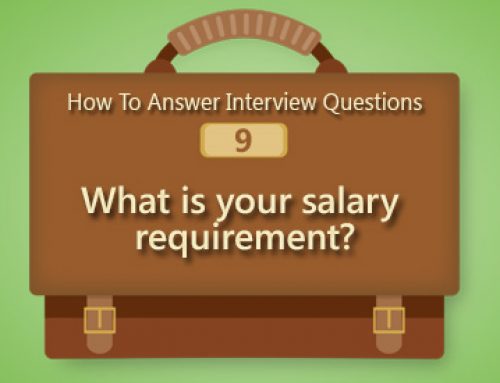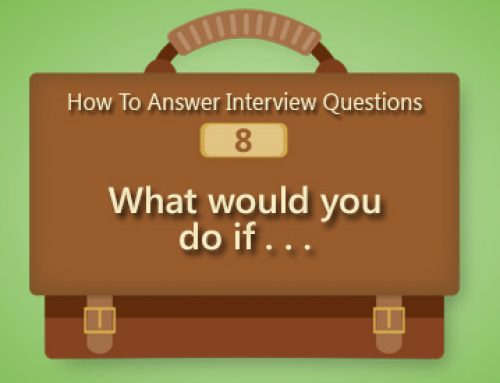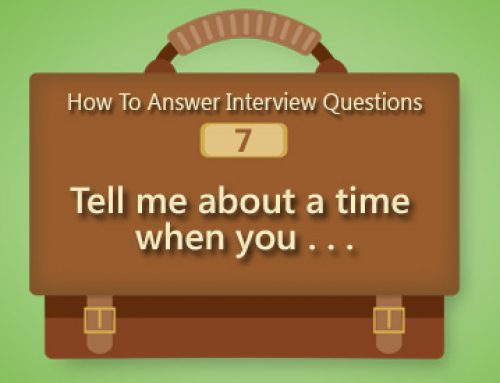10. “Do you have any questions for me?”
A great movie example for how to answer this interview question comes from the movie, Ben-Hur (1959.) This is a very powerful strategy and requires some finesse, but if you can pull this off, you can differentiate yourself. Just last week a client told me that the recruiter was so impressed with the quality of the questions he asked, that he was putting him forward for the position.
But what happened in Ben-Hur you ask? It comes from the scene when Charlton Heston as Judah Ben-Hur is making his way home to seek his vengeance for being unjustly condemned. At the roadside oasis, he watches 4 magnificent horses racing as a team, but his experience as a charioteer in Rome tells him that they won’t make the turn. After his prediction is proven true and he speaks to Sheik Ilderim, the owner of the horses. He asks whether he had considered moving the slower horse to the middle to steady the others on the turn. His observations on the horses and what could be done differently demonstrates his expertise so compellingly, that the Sheik asks him, “Can you make my four horses run as one?” And he wins the job that he wasn’t even pursuing. So do your research and find ways to ask questions that are not offensive or arrogant, but the question itself implicitly demonstrates your experience and knowledge.
There are several topics you want to avoid in responding to this question and several more suggestions for what you could ask, so let’s discuss all the ways you could respond to this important question so you’re prepared.
Here’s the interviewer’s side of what they want to hear (and don’t want to hear) in response to this question.
Alternate versions of this question include:
- What else haven’t we talked about yet?
- Your questions now?
- What would you like to know further about this position?
Your answer should be:
- demonstration of your research
- reiteration of your interest in the opportunity
- possibly asking for confirmation or clarification of something you know about position or their needs
- questions on job or company appropriate for person talking to
- continuation of the conversation and the easy exchange of information between parties
- including question on overall/next step in hiring process and timing
- including request for permission to followup and preferred method if no word by suggested date
- could include a “closing question” if it feels appropriate
Your answer should not be:
- embarrassing question that puts them personally on the spot
- easy question for which you should have already figured out the answer through research on the company website, etc.
- “no, you’ve answered everything”
- about hours, pay, benefits, or your own agenda
- questions already addressed in the interview
- questions or style that makes the interviewer feel “grilled” or on the hot seat
Here’s How to Create Your Answer:
The best resource I have found is John Kador’s excellent book, 201 Best Questions to Ask on Your Interview. You can find this at your favorite bookstore or possibly your local library. This is a great reference for you as he suggests questions based on who you’re meeting with as well as where you are in the process and what you want to accomplish by your question.
Remember, the better the quality of your questions, the more they will be impressed by you. Even if you start with a question suggested by the book, I suggest you customize it further to better fit your specific opportunity.
Prepare a list of potential questions before you go in, some will probably have been addressed in your conversation so you won’t need to ask them, but you could pull out the list and check to see if they have all been addressed. Having the list indicates your preparation.
If some of your initial questions have not yet been answered, you could ask those if they are still relevant and appropriate. Also, as you’re taking notes during the interview new questions will occur to you that arise from the conversation. Write those down and ask those as well. If you discover something is clearly important to them, coming back to that issue with your incisive question may be a effective differentiator for you from the other candidates.
How many questions to ask will depend on each situation. Remember that which questions you ask are a strategic choice and you should go with the most important questions first, so if you run out of time (or decide your interviewer is showing signs of fatigue) you can choose to not ask some and save them for the next set of interviews with this organization.
For how many questions to prepare in advance of your interview, starting with five (you may have more) is a good starting point.
Example #1
“Can you give me some understanding as to why there’s an opening at this time for the Executive Director and where am I at in this process, you know, in the timeline? Those would be the two questions.”
Example #2
“Yes. I’d like to know if, based on our conversation thus far, if I’ve provided enough information about myself to address the skillsets that you’re looking for in this position. Is there a gap? Are there any red flags that I can continue to address?”
Example #3
“In your looking at candidates, what would you say are the top two or three things that are critical to this role?”
“The person who was previously in this position, what made them successful or what is it that you would like to add to the role?”
YOUR TURN NOW:
Look at the position description, the results of your research on the organization and your other references and prepare your starting list of potential questions.
.






